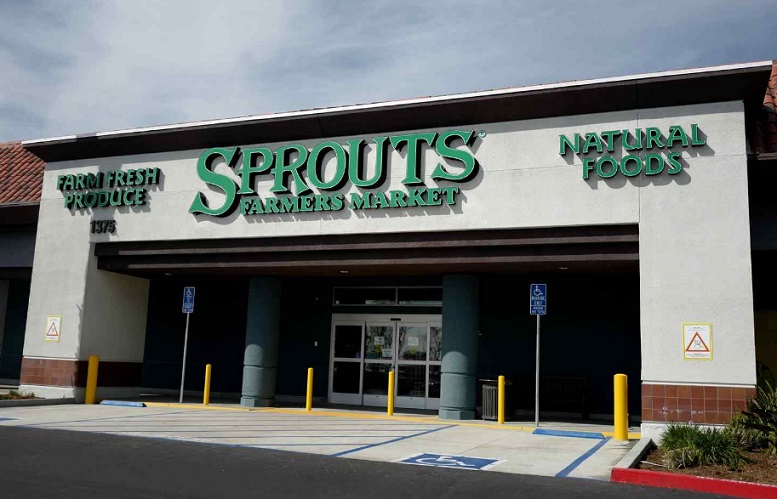
Sprouts Farmers Market (NASDAQ:$SFM) has taken substantial hits recently as a result of Amazon’s (NASDAQ:$AMZN) $14-billion acquisition of Whole Foods Market (NASDAQ:$WFM). The new partnership plans to drastically reduce prices in the natural and organic food sector, leaving some investors questioning the future of Sprouts Farmers Market.
Product prices are much higher at Whole Foods than they are at Sprouts, however — meaning that Sprouts is not out of the race just yet.
Prior to Amazon announcing plans to merge with Whole Foods in June, Wal-Mart (NASDAQ:$WMT) and Kroger (NYSE:$KR) were also rumored as potential bidders. Investment firms showed increased optimism toward Sprouts prior to the announcement, with the likes of Gordon Haskett favoring the discounted produce of the organic grocer.
Consolidation in the grocery market sector is likely to increase as a result of Amazon’s aggressive deal. Given Sprouts’ unique business model, which focuses on repeat customers and a greater frequency of weekly orders and deliveries, big players like Wal-Mart may seek a similar deal with Sprouts in order to glean from their know-how.
Some analysts place Sprouts at a favorable position for growth. Although they are scaled significantly smaller in relation to Amazon — Sprouts has 279 stores in 15 states (as of August 3) — the company’s produce is priced roughly 20-30% less than competitors.
Fear for Sprouts’ future is also mitigated by the fact Whole Foods yielded profit margins of just 5% in its last quarter. Amazon has so far only mentioned the cutting of costs of a few items, and there seems to be only so much room for price-cutting before the acquisition becomes unprofitable.
As of early August, Sprouts reported an increased annual revenue growth of approximately 13.5%. In a highly competitive food sector, those numbers represent a very healthy profit-structure. Conversely, Whole Foods accepting a buyout may indicate insecurities over future profit margins. Whole Foods operates on a scale slightly larger that Sprouts, with under 500 stores.
Sprouts currently trades just below $22, with an anticipated earnings-per-share increase of $1.06 by year’s end. If Amazon is willing to spend nearly $14-billion on Whole Foods— a business that, by some metrics, was under-performing in comparison to Sprouts — then purchasing Sprouts must surely be enticing for giants like Wal-Mart and Kroger who may also wish to participate in this consolidation trend.
While Amazon capitalizes on eliminating costs at every corner, applying that principle to Whole Foods may decimate their already-low profit margins. Whole Foods offers itself as premium organic produce platform, so by drastically cutting costs, the next step in preserving their margins might be to sacrifice quality.
Operating in 15 states, Sprouts shows tremendous potential for expansion. With an arguably more profitable model than Whole Foods, they stand out on the radar of industry behemoths.
Recent drops in the Sprouts Farmers Markets stock are likely short-term drops based on alarming financial reports and bearish investing. Sprouts’ recent track record for growth in a highly volatile sector suggests long-term viability in spite of any investor weariness caused by the recent merger.
Featured Image: twitter







